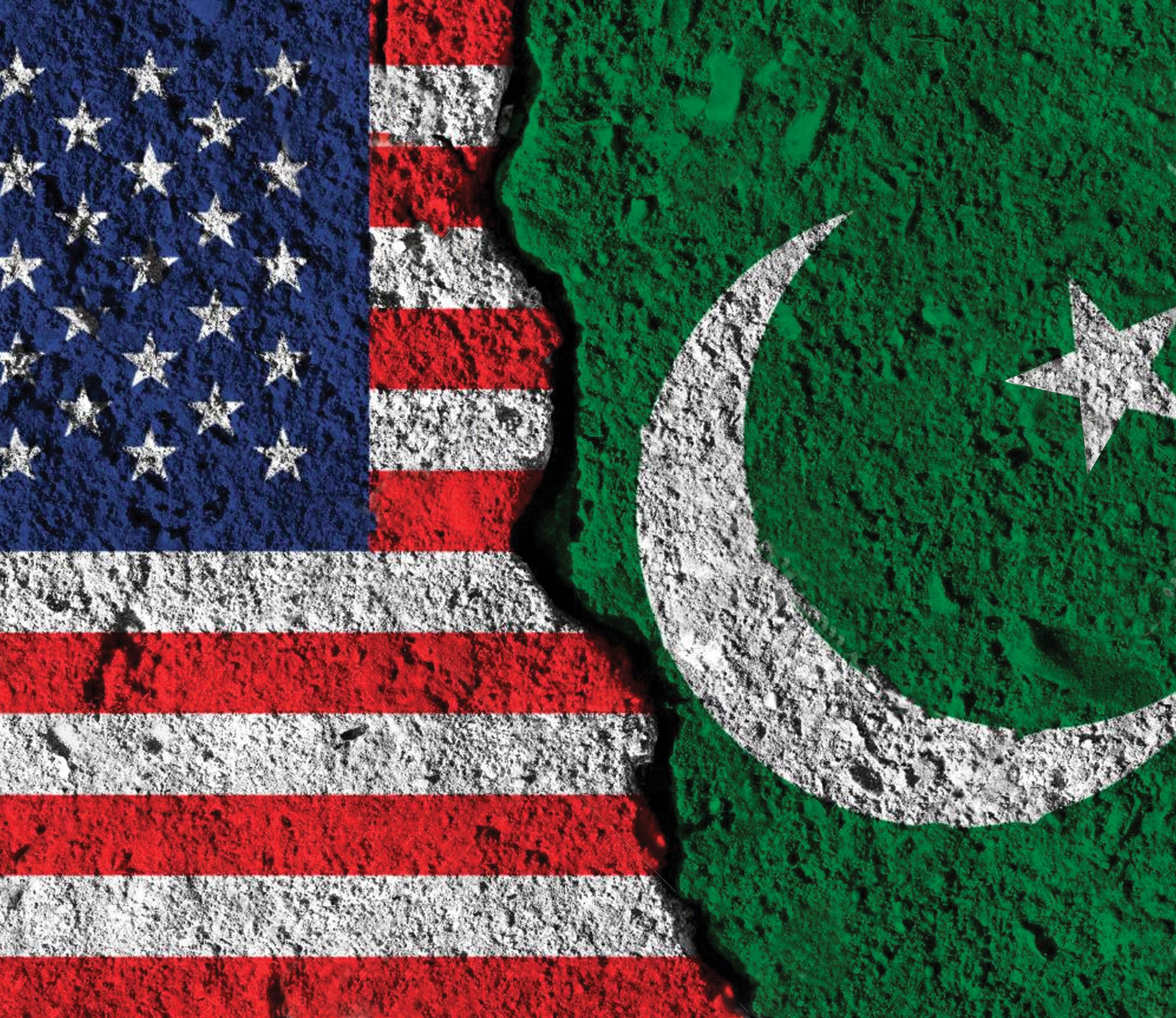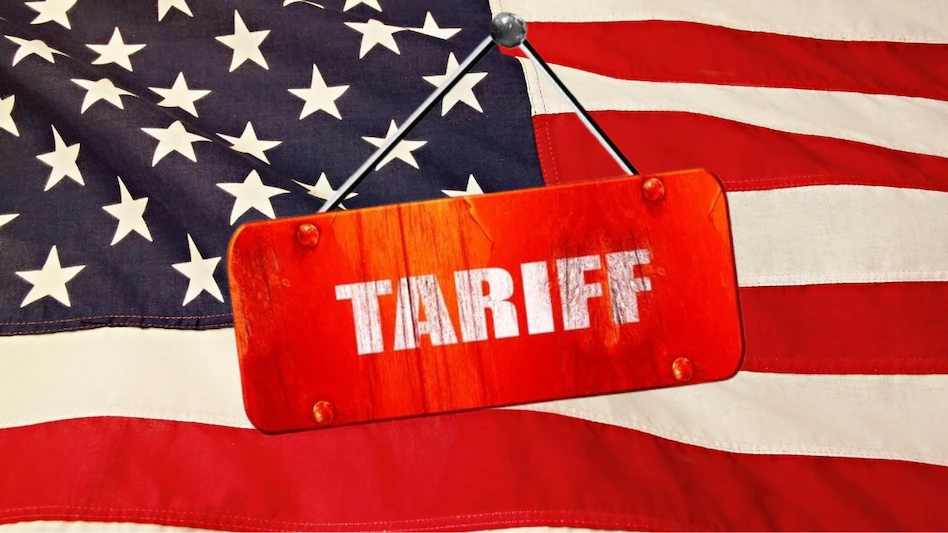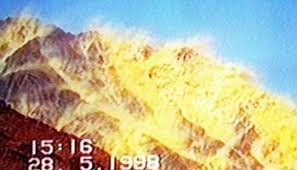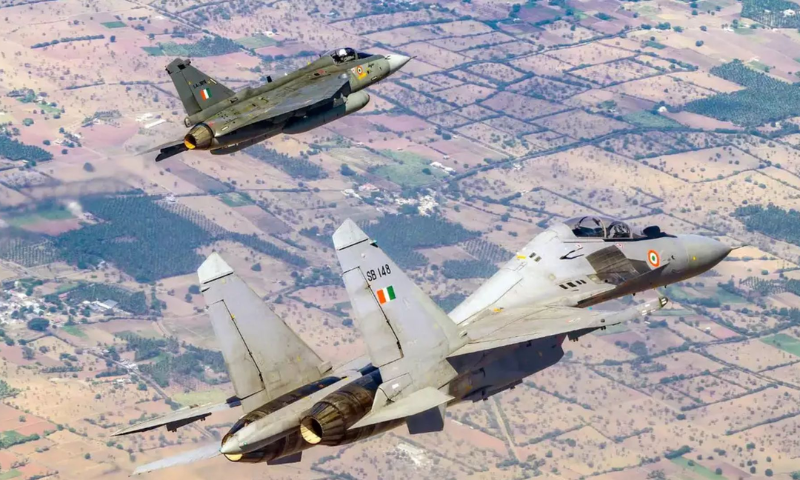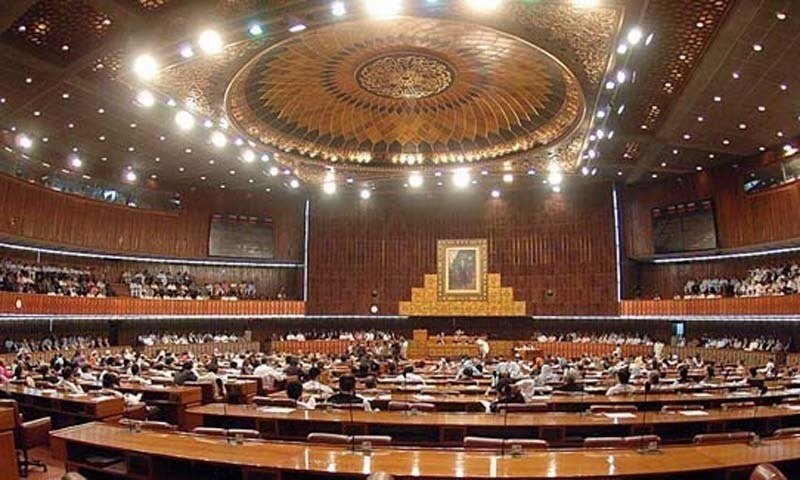Pakistan and India are moving towards restoring troop levels along their shared border to pre-conflict norms, following a surge in military tensions earlier this month. In an exclusive interview with Reuters on Friday, General Sahir Shamshad Mirza, Chairman of Pakistan’s Joint Chiefs of Staff Committee (CJCSC), confirmed that both sides had begun scaling back their forces, though he cautioned that the recent escalation has heightened long-term risks.
“We’ve almost returned to the situation before April 22—we’re either close or have already reached that point,” said General Mirza, the most senior Pakistani military official to speak publicly since the hostilities began.
A Crisis Sparked by a Kashmir Attack
The crisis began with a deadly attack on April 22 in Indian Illegally Occupied Jammu and Kashmir (IIOJK), which killed 26 people, mostly tourists. India blamed Pakistan-based militants for the incident—an allegation strongly denied by Islamabad.
In response, India launched missile strikes on May 7 targeting what it described as “terrorist infrastructure” inside Pakistan. Pakistan retaliated with its own attacks, and both nations rapidly deployed additional troops along the frontier. For four days, fighter jets, missiles, drones, and artillery were exchanged in the worst fighting between the two nuclear-armed neighbors in decades.
Troop Drawdown Amid Ceasefire
A ceasefire was announced after several days of intense fighting, and according to General Mirza, both militaries are now de-escalating along the border. India’s Ministry of Defence and its Chief of Defence Staff have yet to comment on the troop reductions.
Despite the de-escalation, Mirza warned that future conflicts could be more dangerous. “This time, there was no movement toward nuclear weapons, but that doesn’t mean the risk of strategic miscalculation is gone. During a crisis, responses can be unpredictable,” he said.
Notably, this recent conflict wasn’t limited to Kashmir—both countries targeted military sites beyond the disputed region, marking a dangerous shift in the nature of cross-border hostilities.
A Fragile Peace and Diplomatic Gaps
Mirza, speaking from Singapore where he’s attending the Shangri-La Dialogue forum, emphasized the lack of formal crisis communication channels between Pakistan and India. Beyond basic hotlines between military operations directors, there is little real-time coordination.
“This raises the risk for future conflicts. The time window for international mediation will shrink, and serious damage could occur before global intervention even begins,” he said.
While the United States reportedly played a behind-the-scenes role in helping de-escalate tensions, India has rejected any third-party involvement, insisting that all issues with Pakistan must be resolved bilaterally.
No Dialogue on the Horizon
Despite calls for diplomacy, there are currently no backchannel or informal talks underway. General Mirza confirmed that he has no plans to meet with his Indian counterpart, General Anil Chauhan, who is also attending the Singapore security summit.
India’s foreign ministry reiterated its position this week, stating, “Talks and terror don’t go together,” in response to questions about possible engagement with Pakistan.
Mirza, however, emphasized that peace can only be achieved through dialogue—not through war. “These issues can only be resolved at the table. They cannot be solved on the battlefield,” he concluded.
As the troop drawdown continues, the situation remains fragile. While the current ceasefire offers a moment of calm, both sides acknowledge the increasing risk that future conflicts could spiral beyond control.





